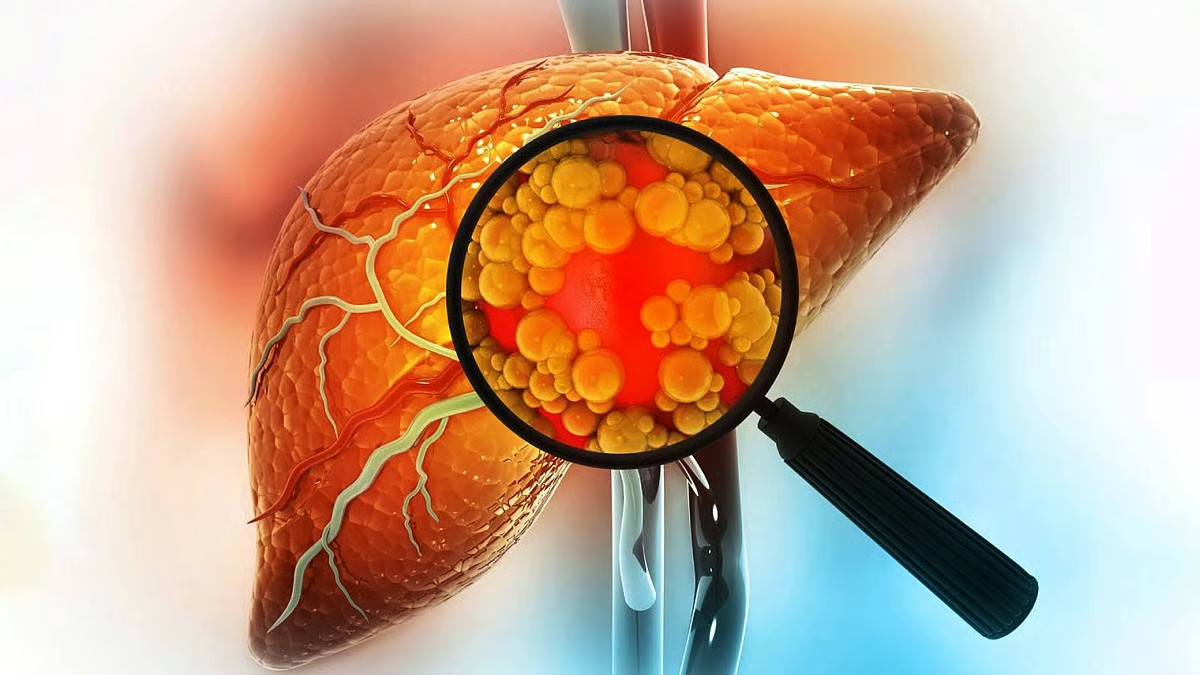Fatty liver diseases, both alcoholic and non-alcoholic, have emerged as a major health concern not only in India but all over the world. The liver is one of the most important organs in the human body for detoxification and digestion, but one of the most prevalent disorders it faces today is that of fatty liver. According to experts, besides inflammation and lifestyle factors, deficiency of vitamin B12 is also one of the key reasons behind the development of fatty liver.
Also Read | New year, new destinations: These 4 zodiac signs likely to travel overseas in 2026
How Vitamin B12 deficiency affects the liver
Vitamin B12 is highly essential in normal metabolic processes, especially those involving fat. Without sufficient amounts of B12 within the body, the liver alone cannot efficiently manage such metabolic processes. Consequently, fats start building up in liver cells until inflammation is triggered. It also enhances oxidative stress in the liver and may further increase the risk of chronic liver damage when left untreated.
Several studies have established that individuals with non-alcoholic fatty liver disease have much lower levels of vitamin B12.
Symptoms that signal a problem
One of the earliest signs is persistent fatigue. Extreme weakness-where a person wakes up tired after adequate sleep-is common as fatty liver progresses. Concentration may not be possible, or productivity may suffer.
A lack of digestive enzymes released by the liver promotes more digestive discomfort. Metabolism-related problems also worsen in cases of untreated fatty liver.
Also Read | Transform any corner into a cozy home library: Simple tips for book lovers
What is the way forward?
Dietary control is the first step.
Physicians suggest avoiding or reducing animal-based protein sources, as this may reduce the digestive load and thereby manage symptoms. There is also a need to avoid food that causes inflammation. Depending on its severity, a physician may recommend supplements of vitamin B12. The good news: when discovered early and treated appropriately, fatty liver can be effectively controlled.










